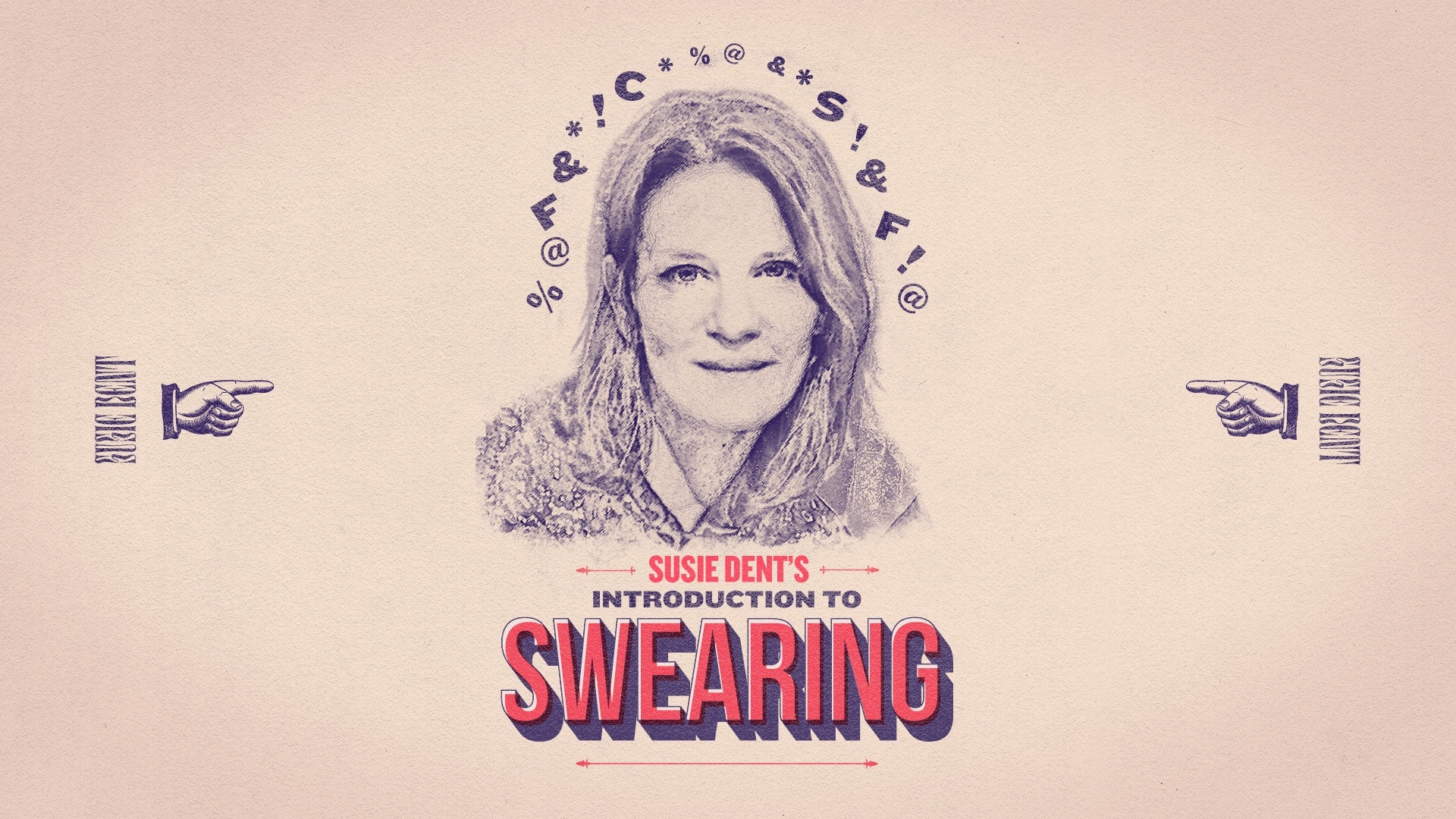
In her brand new fortnightly column for whynow, Susie Dent is going to be teaching us the art and history of swearwords.
Please note: this feature contains very fruity language.
Swearing ain’t what it used to be. According to research from the British Board of Film Classification, a third of us are more likely to use strong language now than five years ago. We are, it seems, a nation of potty mouths.
If you were to stretch that comparison by a few centuries, however, you might be reassured. In the Middle Ages, conversations would have been far bluer – at least to modern ears. For medieval country-dwellers, for example, kestrels were known as ‘windfuckers’, dandelions were ‘pissabeds’, and a plant called ‘cuntehoare’ graced the land. The names Randulfus Bla de Scotebroc (Randall Shitboast) and Thomas Turd are both recorded in county court rolls in the 12th and 14th century, as is, rather improbably, a man with the surname Fuckbythenavele. The terms we now consider to be the biggest offenders may have been a little improper, but were certainly not taboo.
Observing our shifting squeamishness over time is a useful test of where society sets its boundaries. Our expletives have long drawn their strength from two chief taboos: religious profanity and bodily functions. Their trajectory has been pretty circular: walking around the Roman Empire, you would have seen a lot of penises – in sculpture, painted above doorways, or drawn upon chariot wheels, but words for penises were considered offensive.

Centuries later, religious piety demanded instead a host of figleaves for holy names: ‘gorblimey’ is a mangling of ‘God blind me’, ‘crikey’ disguised ‘Christ’ and ‘jeepers creepers’ stood in for ‘Jesus Christ’. Exclamations like ‘gadsbudlikins!’ and ‘zounds!’ were medieval stand-ins for ‘by God’s body!’ and ‘God’s wounds!’.
In the Renaissance, the balance began to switch again – back, as the historian Melissa Mohr puts it, ‘to the shit’. Euphemisms were adopted for every bodily function – such as ‘sir-reverence’, originally said before or after something likely to offend before it became itself a gentler word for ‘turd’.
Want more foul-mouthed indecency? You can find all of Susie Dent’s Introduction to Swearing here!
For the Victorians, chickens lost their ‘legs’ and gained ‘limbs’ instead; chicken breast became ‘white meat’, and no self-respecting man could ever talk about his trousers, for fear of conjuring images of what lay beneath – enter terms like ‘inexpressibles’, ‘unmentionables’, ‘sit-upons’, and ’round-my-houses’.

Today, go to any football match and, as the writer Mark Lawson once put it, a visiting alien would be forgiven for thinking every player on the pitch was called either ‘Fuck’ or ‘Cunt’.
Expletives are amongst the most commonly used words in spoken English, and there is no denying they are also some of the most versatile. How many other words can act as a noun (‘he doesn’t give a fuck’), adjective (‘not a fucking clue’), verb (‘I fucked up’), intensifier (‘it’s gone fucking mad’) and everyday filler (‘abso-fucking-lutely’)?
And yet, for all their ubiquity, these words still have remarkable staying power. Ask any comedian whether ‘fuck off!’ will engender a laugh on its own and the answer will probably be yes – there remains a trace of anarchy in our swearing. Moreover, it’s difficult to predict how we might replace it. New swears tend to be mash-ups of the old – think ‘shitface’, ‘fuckwad’, or ‘cunty’ – rather than entirely new inventions.

What’s more, we need swearing. Science is proving that when we swear, we engage the body in important, therapeutic ways. It helps us deal with physical pain, releases endorphins, and lowers cortisol levels. There’s a good reason for shouting ‘Bollocks!’ when you stub your toe or your computer crashes, and there’s even a name for it: ‘lalochezia’ is the relief of stress, pain, and frustration by swearing.
Over the next few months this column will be devoted to our top swears – their history, their myths, their reception, and their value. The first will tell the surprising story of ‘fuck’ – a word that isn’t quite what it seems.
- Want to write for us? We’re looking for the best British arts and the people that make it, from Land’s End to John O’Groats. Have a look at our pitching guidelines.





